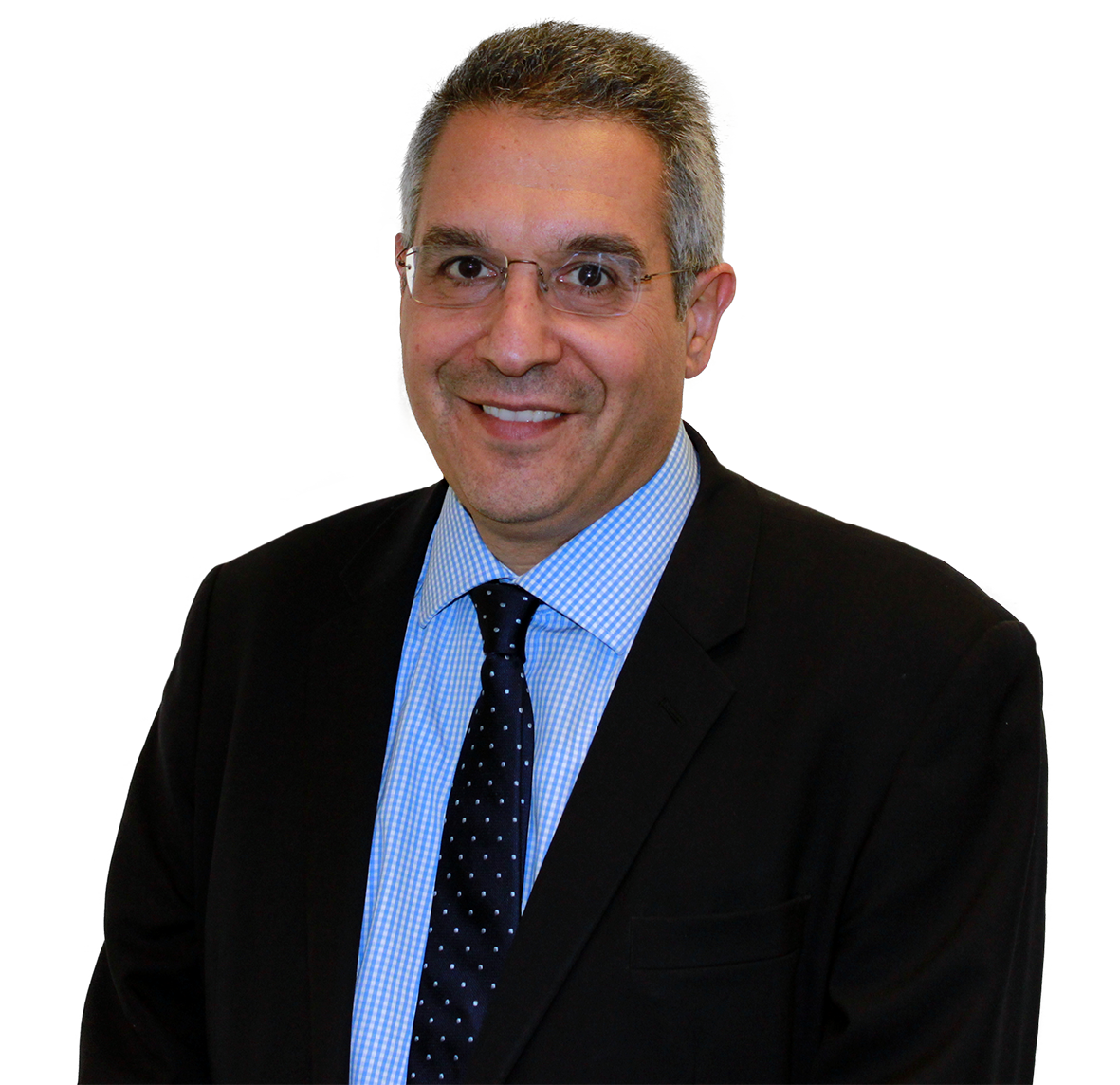There is no doubt that ESG is the fastest growing category of asset management
According to the Global Sustainable Investment Alliance, sustainable investing strategies have grown from $23bn in 2016 to $31trn in 2018 and represent circa a third of total managed assets. A significant proportion of these strategies are thematic funds (over two thirds) be they those that exclude specific sectors, are overweight low carbon or other ESG outperformers, or invest in those enterprises which are most impactful to society or the environment.
There are two principal reasons driving the demand for thematic funds. Firstly, the investments made visibly reflect the ethics and values of the beneficiaries of the institution, and secondly, because it is believed that doing so will lead to superior investment returns and lower risk.
Whilst they simply invest in what is already sustainable, thematic funds do help deliver a more sustainable economy by encouraging investees to improve their ESG and impact performance and increase their attractiveness to more and more investors. In addition, I would argue that there is an even bigger prize and that is to engage with mainstream companies to deliver positive sustainability outcomes.
According to the Grantham Institute, in 2016 revenues from environmental goods and services represented around 4% of turnover. FTSE Green Revenues suggest that over 3000 of 14,700 companies analysed have some green revenues. S&P estimate in 2019, that companies listed on the S&P Global 1200 had more than 42% of revenues aligned to the Sustainable Development Goals (SDGs). Whichever number you choose, as investors we can make a difference by engaging with investees to deliver more to the environment, employees and society at large.
See also: – Tipping point: ‘Society has realised there are things we value more than money’
Each and every sector has an opportunity to deliver products and services which will positively benefit society.
There are intrinsic examples such as education, care homes and health. Drugs from pharmaceutical companies cure the sick and can also reduce the healthcare resources needed to do so. The response to Covid 19 has shown that healthcare companies can increase their productivity through virtual appointments, optimising their own resources and also importantly speeding up the process of providing patient care. Harder to tackle are those products and services, which are harmful such as arms and tobacco.
I do believe that tobacco is fundamentally unsustainable because of the death, ill-health and incapacitation it causes. Still, there is an opportunity even in tobacco for there to be more responsible marketing and distribution especially in emerging markets where regulation is light, to provide less harmful products and make these less addictive. There is no value in less harmful products if as a result the number of addicted users increase.
Each sector has its own unique set of opportunities and challenges. Utilities need to migrate from fossil fuels to renewables. Investment will lead to environmentally friendly technologies such as solar becoming more effective and cost competitive.
Automotives need to focus on electrification, health and safety and utilisation. Consumer goods manufacturers and retailers have a huge opportunity to reduce packaging, make it recyclable, sell products which are durable and multi-use. Food and drink sold need to become healthier.
In addition to lending responsibly, banks can transform their services from being predominantly transaction driven to support creation of wealth in the economy rather than its distribution.
Across all sectors, as well as being fair and just, there is simply a huge business opportunity to swell the ranks of staff with appropriate proportions of gender and ethnic participation. On the flipside, alongside climate disruption, advances in technology will likely give industry its greatest challenge in the provision of employment, the skill levels required and job security. There doesn’t have to be a trade-off. Properly managed, there can be greater and more fulfilling employment. If we don’t deliver this society could be irreparably damaged to the detriment of all.
Engagement on these issues is also a powerful tool for thematic investors as there is room for improvement in the most sustainable businesses. Whilst a company might deliver sustainable products its employment and governance practices may require change.
Investor engagement on these topics needs to be effective and properly resourced, with the right level of skill and experience across both investment and engagement teams. Investment managers must truly believe in engagement and not simply play lip service whilst profitably trading in and out of issuers. Effective stewardship is the investment’s industry’s social licence to operate. Without it, investment in aggregate is a negative sum game for the investor.
More importantly, stewardship is an investment activity which can positively benefit sustainable and financial performance. By focusing an enterprise on what it needs to do for all its key stakeholders, sustainability and long-term profitability are mutually reinforcing. Thematic funds have their place.
However, there is also a huge opportunity for investors to deliver sustainable outcomes in mainstream investments through effective stewardship.
Leon Kamhi is head of responsibility, at the international business of Federated Hermes and editorial panellist for ESG Clarity








